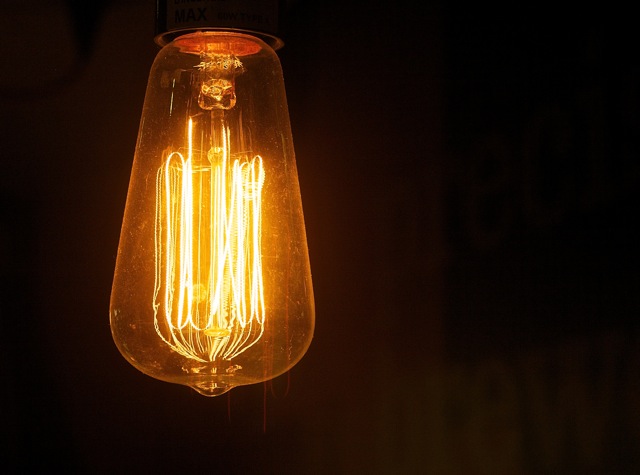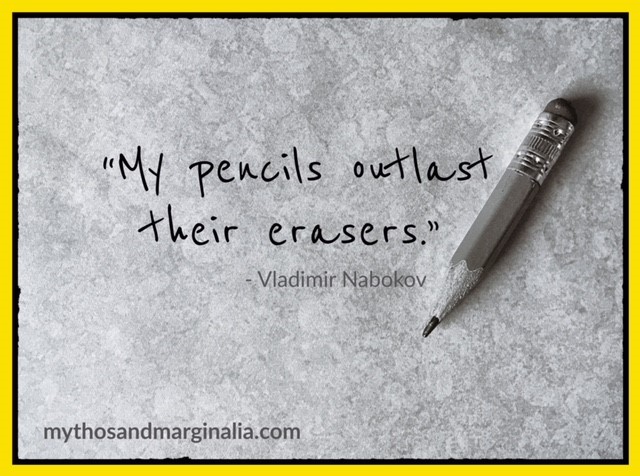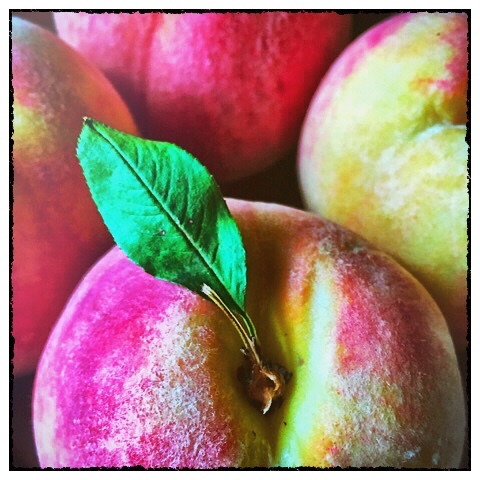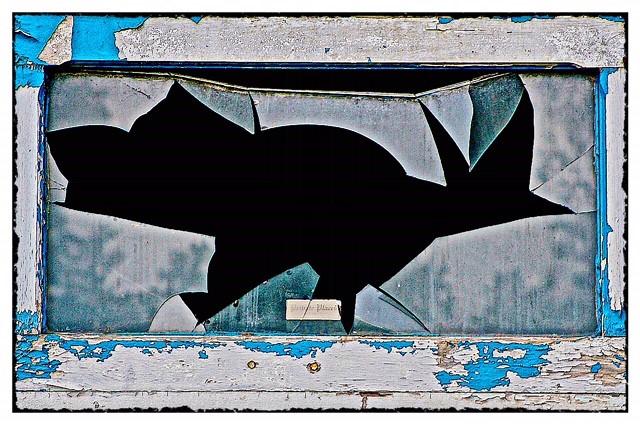
What we think of today is not necessarily important, but what is remembered tomorrow most certainly is.
Information flows at a faster rate than ever before, in a volume greater than we are able to control, comprehend, or absorb. Scientists have resolved that human beings take in five times as much information than we did 30 years ago; the equivalent of 175 newspapers (given the dwindling size of today’s newspapers, this comparison is indeed subjective).
Not including what we take in on a need-to-know basis in our working lives, it is estimated we process more than 100,000 words, or 34 gigabytes of data, daily, exclusive of the idle hours spent in front of the television, or clicking away at video feeds on our laptops, tablets and mobile devices.
The impact of this information overload not only impacts our memory, but our memories. I am fascinated not only by what we can remember, but also by what we forget.
The human mind is an amazing commodity. We can marvel at what we, or others, think of, but even more remarkable is where our memories come from, or how they are stored. In the most simplistic terms, our memory is a filing cabinet where we tuck away thoughts with scraps of knowledge, addresses and directions, useless facts, and an assortment of utter bullshit. A more digital representation is one of folders and files we store on our organic hard drive.
It was once thought there was a central point in the brain that stored all this data, but developments in recent years indicate there is not one particular place, but memory is distributed, albeit inequitably, throughout our grey matter. Further confusing is that several parts of the brain must work together to remember one simple task.
Remember the adage It’s like riding a bike? Well, that alone requires the brain to use several components of this stored memory. The recall of the body’s physical motion comes from one part of the brain, the memory of how to operate the bike from another. It becomes further complicated when you throw in the reason you climbed on the bike in the first place, and decide where to go (the nature of how much thinking is required to ride a bike further reinforces the need to wear a helmet).
So why do we remember what we do? And why do we forget the important stuff, or what may have been important at the time? Age, and absorption of facts and figures, does enter the equation, but it still does not account for both the trivial and important information within our recall.
For instance, I cannot remember many (read most) of the periodic table symbols I was forced to commit to memory in high school, but I can remember brand logos of ski equipment, beer, and record labels from the same era.
I can’t remember the name of the company’s recently appointed regional vice-president (whom I have met twice), yet I can easily recall the name of original Police guitarist Henry Padovani, or the redheaded girl I had a crush on in Grade 7. I remember her address, her brother’s name, and, damn it; I remember the hurtful words telling me I wasn’t the one.
The names of musicians who played on hundreds of albums easily come to mind, but I cannot list all of this country’s prime ministers. I remember all 14 victims of the Montreal massacre (and can’t forget the man responsible for the slaughter), but could not tell you an equal number of newspaper colleagues I worked with at the same time.
My phone number from 40 years ago, or 20, is lodged in my head, but I can’t recall numbers I dialed regularly as recently as two years ago. Granted the convenience of storing the digits on a mobile device has made life so much easier, but that’s beside the point.
I remember my sister’s birthday ever year, but usually forget to send a card.
It has to be more than selective memory for, if that were the case, I’d remember more of the better and far less of the worse. Also, the short-term and long-term rationale seems to be hit and miss. Why do we remember what we do, and why do we retain some of the useless stuff (see above Police guitarist) and allow the important information to get lost in the files and folders within our minds?
There is a theory of limitations about what we can take in during a day, and much of the time the internal files fill up or become corrupted by the useless questions, comments, and responses that just happen every day. Do you need room for dairy in your coffee? Do you have a rewards card? Do you want fries with that? Can you spare a dollar? Slight, random, seemingly innocuous interruptions, that are not only harmful to the thought process, but they hinder true progress or performance.
It’s like trying to squeeze an extra 4.0 gigabytes of data into the 16 GB on your phone, or jamming another 156 pages into a 1.5-inch binder; there simply is not the space, and you will have to take something out to fit it all in.
You also have to remember to leave the important stuff where it is, and not overlook its importance as the new material comes along.
With all these questions, all this information, coming at us, we are forced to put aside what may be truly important, just to get through the day. We also have to decide if it is important, or valuable, enough to be remembered, while we are paying attention to what we truly need to know.
Once remembered, will it be remembered when it needs to be remembered?
I believe that in dealing with the daily decisions, directions, and distractions forced upon us, as it comes at us, we seldom take time for mindful thinking and processing of what is truly important. There is not enough meditation or contemplation; just outright sitting and thinking of what needs to be thought, and not struggling with in-box clutter and credit card statements that simply prove what we bought.
If forced to think, or over think, make sure you find time to make some of the thoughts good. If it is important, make sure it is more than a memory.
© 2015 j.g. lewis



